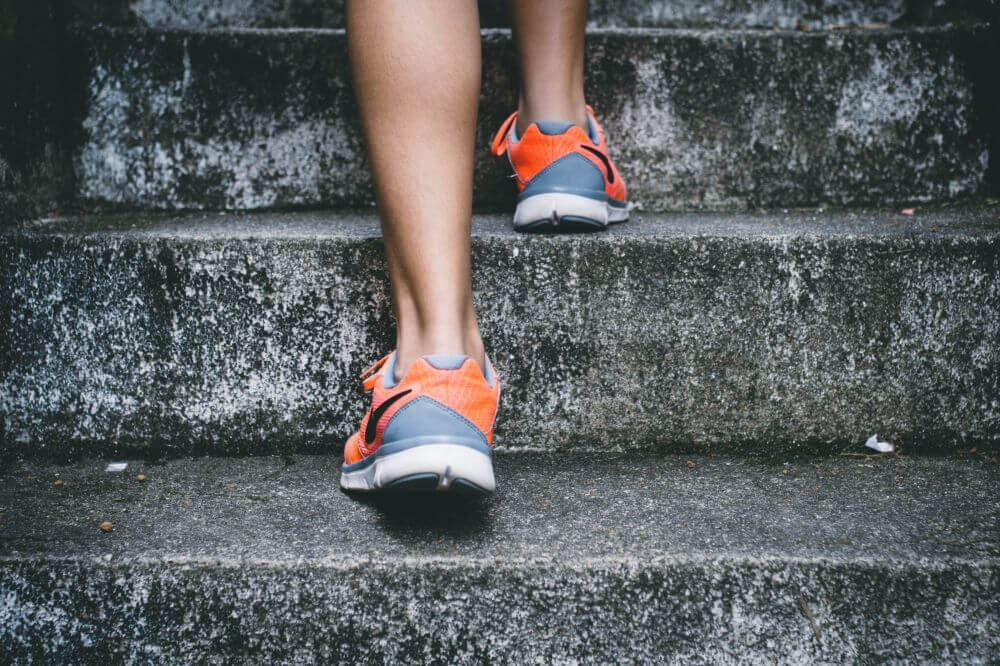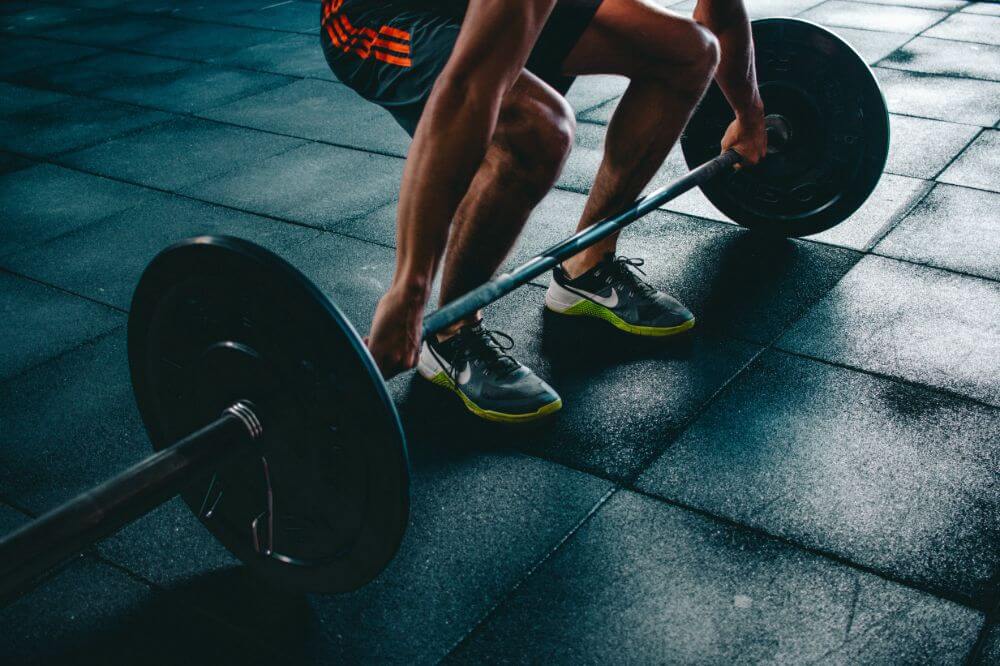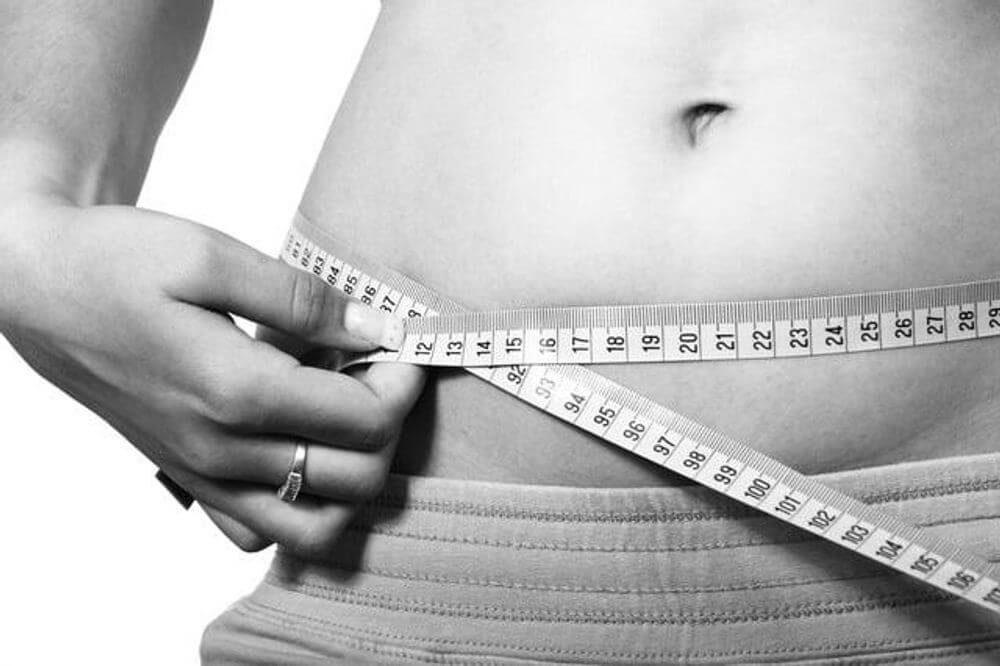Exercise in Moderation is Key to Improving Your Biological Age

Glycan profiles of these individuals that were training moderately were not changed in pro-inflammatory direction. They were, instead, changed in an anti-inflammatory manner meaning exercise benefited their bodies, as it should when done properly.

Glycans have a variety of biological roles in our organism — from structural and modulatory roles in proteins to participating in cell-cell and cell-extracellular molecule interactions, as well as being a crucial part of the immune system. Their roles in the functioning of the human body have made them one of the most important subjects of scientific studies in the last few years. It is also known that a person's glycans are heavily influenced by their habits, environment, and lifestyle. They can change as you change your lifestyle.
On the other hand, there has never been such a focus on the exterior of the human body as it is in the 21st century. We are swamped every day with information regarding your physical appearance, how important it is to look good, how to get in shape quick etc.
Don't get us wrong, we totally agree that people should take care of their bodies from the outside as well as from the inside, but for a more important reason than just being good looking. It is much more important to work on your muscles and stamina so you can get in shape and have the energy to function properly every day and to keep yourself healthy.
You probably already know the importance and all the benefits of exercise even without us mentioning it. But it is important to explain what exercise does to your body on a molecular level and how it can affect glycans and influence your biological age.

A paper from Knezevic et al, from 2010, showed that glycans correlate with lipid parameters. Individuals with high cholesterol and overall bad lipid status also showed a proinflammatory glycan profile, meaning their glycans were changed the same way as in people with inflammatory diseases.
How can exercise help change that?
Well, it was shown, that as in all segments of our lives, it is important to be moderate in exercising as well.
A recent study by Sarin et al, 2019, wanted to see how glycans change with very intense physical training. Their female participants were vigorously training to prepare for a bikini fitness competition while also having small rest periods and lower calorie intake. They ended up developing a proinflammatory glycan profile.
So, we know that exercising is very beneficial for our organisms, but we also know that exercising must be "smart" — moderate, with enough rest periods and proper healthy calorie intake.
On the other hand, a recently published paper by Tijardović et al tested how sprint training courses on athletes influenced glycan profile. It is important to mention that these sprint training courses, which may for some be considered as intense physical training, were tested on athletes who are already in excellent shape so they can be considered as moderate exercise.
Glycan profiles of these individuals who were training moderately were not changed in a proinflammatory direction. They were, instead, changed in an anti-inflammatory manner meaning exercise benefited their bodies, as it should when done properly.
There is a need for a large-scale study investigating the influence of various exercise levels on glycan profile. So far, we are certain that exercise and moderation are key factors in maintaining your physique, not just from the outside but from the inside. Get used to exercising regularly and moderately, but don't forget to do it gradually so your body can adapt to this change in your lifestyle.

If your biological age, measured by GlycanAge test, is higher than your chronological age, you must change your lifestyle. Start exercising regularly and moderately, change your meal plan, and give up your bad habits. You will feel and see the difference. And you will also be able to measure that difference using our test.



